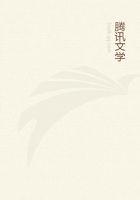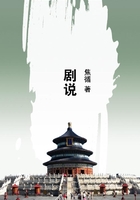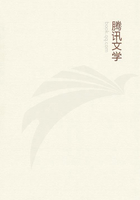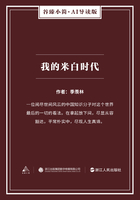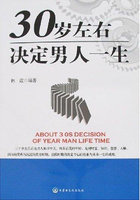Every man who has seen the world knows that nothing is so useless as a general maxim. If it be very moral and very true, it may serve for a copy to a charity-boy. If, like those of Rochefoucault, it be sparkling and whimsical, it may make an excellent motto for an essay. But few indeed of the many wise apophthegms which have been uttered, from the time of the Seven Sages of Greece to that of Poor Richard, have prevented a single foolish action. We give the highest and the most peculiar praise to the precepts of Machiavelli when we say that they may frequently be of real use in regulating conduct, not so much because they are more just or more profound than those which might be culled from other authors, as because they can be more readily applied to the problems of real life.
There are errors in these works. But they are errors which a writer, situated like Machiavelli, could scarcely avoid. They arise, for the most part, from a single defect which appears to us to pervade his whole system. In his political scheme, the means had been more deeply considered than the ends. The great principle, that societies and laws exist only for the purpose of increasing the sum of private happiness, is not recognised with sufficient clearness. The good of the body, distinct from the good of the members, and sometimes hardly compatible with the good of the members, seems to be the object which he proposes to himself. Of all political fallacies, this has perhaps had the widest and the most mischievous operation. The state of society in the little commonwealths of Greece, the close connection and mutual dependence of the citizens, and the severity of the laws of war, tended to encourage an opinion which, under such circumstances, could hardly be called erroneous. The interests of every individual were inseparably bound up with those of the State. An invasion destroyed his corn-fields and vineyards, drove him from his home, and compelled him to encounter all the hardships of a military life. A treaty of peace restored him to security and comfort. A victory doubled the number of his slaves.
A defeat perhaps made him a slave himself. When Pericles, in the Peloponnesian war, told the Athenians, that, if their country triumphed, their private losses would speedily be repaired, but, that, if their arms failed of success, every individual amongst them would probably be ruined, he spoke no more than the truth, He spoke to men whom the tribute of vanquished cities supplied with food and clothing, with the luxury of the bath and the amusements of the theatre, on whom the greatness of their Country conferred rank, and before whom the members of less prosperous communities trembled; to men who, in case of a change in the public fortunes, would, at least, be deprived of every comfort and every distinction which they enjoyed. To be butchered on the smoking ruins of their city, to be dragged in chains to a slave-market. to see one child torn from them to dig in the quarries of Sicily, and another to guard the harams of Persepolis, these were the frequent and probable consequences of national calamities.
Hence, among the Greeks, patriotism became a governing principle, or rather an ungovernable passion. Their legislators and their philosophers took it for granted that, in providing for the strength and greatness of the state, they sufficiently provided for the happiness of the people. The writers of the Roman empire lived under despots, into whose dominion a hundred nations were melted down, and whose gardens would have covered the little commonwealths of Phlius and Plataea. Yet they continued to employ the same language, and to cant about the duty of sacrificing everything to a country to which they owed nothing.
Causes similar to those which had influenced the disposition of the Greeks operated powerfully on the less vigorous and daring character of the Italians. The Italians, like the Greeks, were members of small communities. Every man was deeply interested in the welfare of the society to which he belonged, a partaker in its wealth and its poverty, in its glory and its shame. In the age of Machiavelli this was peculiarly the case. Public events had produced an immense sum of misery to private citizens. The Northern invaders had brought want to their boards, infamy to their beds, fire to their roofs, and the knife to their throats.
It was natural that a man who lived in times like these should overrate the importance of those measures by which a nation is rendered formidable to its neighbours, and undervalue those which make it prosperous within itself.
Nothing is more remarkable in the political treatises of Machiavelli than the fairness of mind which they indicate. It appears where the author is in the wrong, almost as strongly as where he is in the right. He never advances a false opinion because it is new or splendid, because he can clothe it in a happy phrase, or defend it by an ingenious sophism. His errors are at once explained by a reference to the circumstances in which he was placed. They evidently were not sought out; they lay in his way, and could scarcely be avoided. Such mistakes must necessarily be committed by early speculators in every science.
In this respect it is amusing to compare The Prince and the Discourses with the Spirit of Laws. Montesquieu enjoys, perhaps, a wider celebrity than any political writer of modern Europe.
Something he doubtless owes to his merit, but much more to his fortune. He had the good luck of a Valentine.


